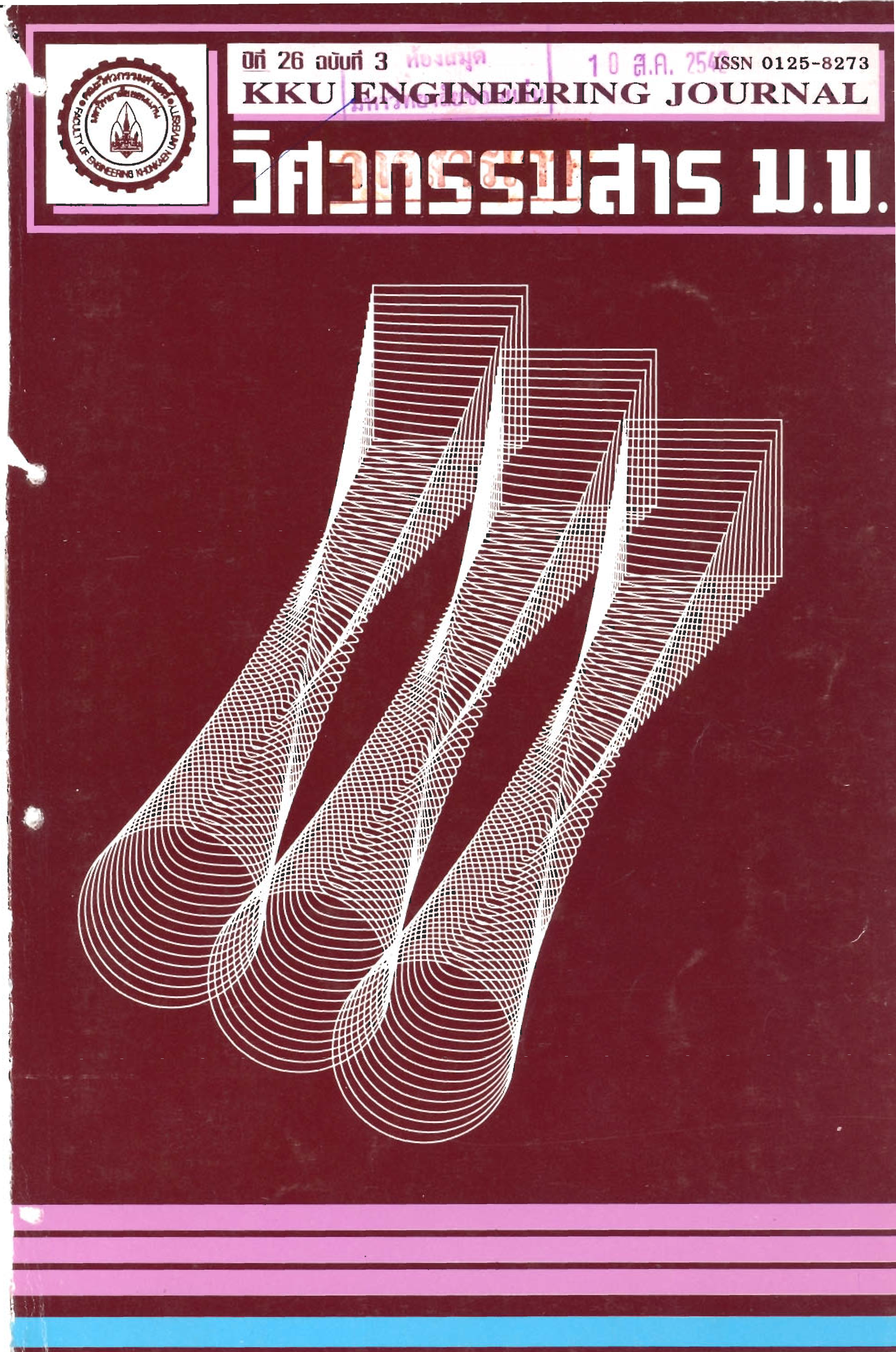Defibrillator Tester
Main Article Content
Abstract
This paper presents the design and implementation of a defibrillator tester which is used to verify defibrillators. A defibrillator is an important medical device used to apply electrical shock to the heart when heart failure occurs. These devices must be regularly calibrated for their accuracy and reliability of the released energy. In Thailand, particularly in the rural area, these devices have not been regularly calibrated because the lack of defibrillator testers or calibrators are expensive and must be imported.
The prototype defibrillator tester is designed to be highly accurate with low cost and used local materials, so that it can be supplied to most rural hospitals and medical service centers. The prototype can be used to measure released energy, peak current, peak voltage, and impulse time interval and can be stored in a memory unit including pulse waveforms. Main components of the prototype tester are voltage divider circuit, difference amplifier, energy level selector circuit, analog to digital converter, and a microcontroller (80C535) with 64 kbyte internal memory. The stored data can be sent to a microcomputer through RS232C serial port to be further processed and analyzed.
The prototype has been tested for its functionality by measuring 0-4C0 J released energy, peak current, peak voltage, and impulse time interval of 10 defibrillators from many hospitals. The results showed that the prototype is functioning as required. To verify the prototype’s accuracy, a defibrillator analyzer Bio-tek OED-6 is used as a reference. The results indicated that the error of measurement obtained from this prototype is within ±2.5% of those obtained from the reference tester.Article Details
This work is licensed under a Creative Commons Attribution-NonCommercial-NoDerivatives 4.0 International License.



